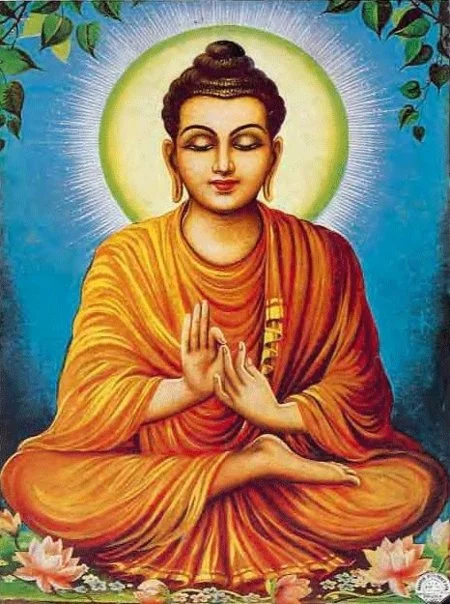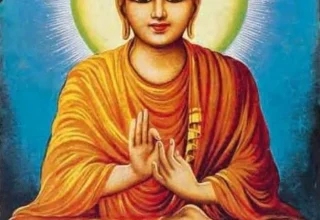Is Gautam Buddha Chinese or Indian?
At MightyBuddha, we explore a common question that many have about the historical figure of Gautam Buddha: Was Gautam Buddha Chinese or Indian?
This article delves into the true origins of Gautam Buddha, his influence on Buddhism, and the global impact of his teachings.

Gautam Buddha: A Historical Overview
Gautam Buddha, also known as Siddhartha Gautama, is a key figure in Buddhist history. Born in the 6th century BCE, he is the founder of Buddhism, a major world religion that originated in the Indian subcontinent.
Was Gautam Buddha Indian or Chinese?
To clarify, Gautam Buddha was Indian, not Chinese. His birthplace was in Lumbini, located in what is now modern-day Nepal but was part of ancient India. He was born into the Shakya clan in a region that was culturally and politically connected to ancient India.
Key Points About Gautam Buddha's Origins
- Birthplace: Lumbini, present-day Nepal.
- Historical Setting: Ancient India during the 6th century BCE.
- Religion Founded: Buddhism, which originated in India and later spread to China and other Asian countries.
The Spread of Buddhism to China
While Gautam Buddha was Indian, his teachings spread far beyond India. Buddhism reached China around the 1st century CE via the Silk Road. This led to the establishment of various Buddhist traditions in China, including Chan (Zen) Buddhism.
Highlights of Buddhism’s Impact on China
- Introduction to China: Buddhism entered China from India and Central Asia, profoundly influencing Chinese culture and philosophy.
- Chinese Buddhist Traditions: The development of schools such as Chan (Zen) Buddhism reflects the adaptation of Buddha’s teachings to Chinese culture.
Why the Confusion?
The confusion about Gautam Buddha’s origins often arises from the widespread presence of Buddhism in China and other Asian regions. As Buddhism evolved, it became deeply ingrained in various cultures, leading to some mix-ups about the historical roots of Gautam Buddha.
The Global Legacy of Gautam Buddha
Gautam Buddha’s teachings have a significant global impact. His principles of enlightenment, compassion, and the path to liberation continue to inspire people worldwide. At MightyBuddha, we honor this legacy and examine how his teachings have shaped different cultures.
Key Aspects of Buddha’s Legacy
- Global Influence: Buddha’s teachings have transcended geographical and cultural boundaries.
- Cultural Integration: Buddhism’s integration into diverse cultures, including Chinese, highlights its universal appeal and adaptability.
Conclusion
In summary, Gautam Buddha was indeed Indian, born in ancient India, and not Chinese. His teachings laid the foundation for Buddhism, which later spread to China and other parts of Asia. At MightyBuddha, we celebrate the profound impact of Gautam Buddha’s teachings and explore their significance across cultures.






